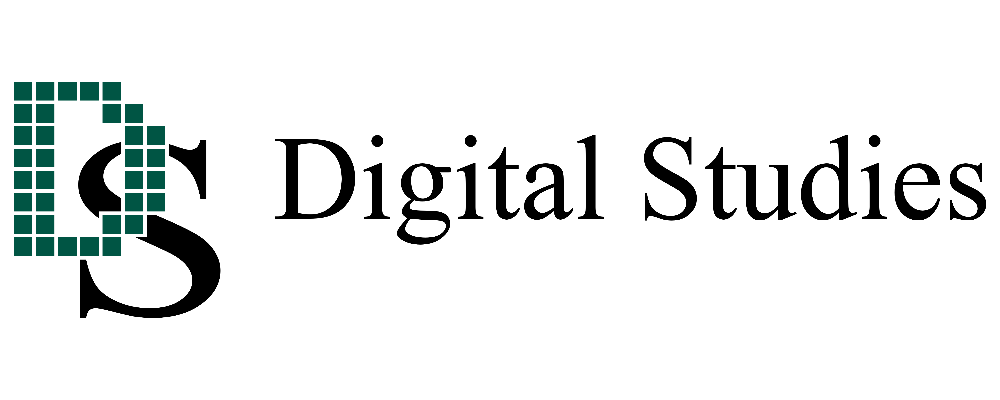Abstract
Reading Turing today
Session of January 13, 2015, recorded in the Centre Pompidou (Salle Triangle)
We owe to Alan Turing the concept of “abstract machine” as well as the well-known “intelligence test” – which are the basis of the major research programs and intellectual constructions of the 20st Century: cognitivism and artificial intelligence.
Alan Turing is generally associated to the idea that human mind can be understood in mechanical terms. The “abstract” machine he conceptualizes in 1936 suggests that the operation of human mind can be modelized thanks to algorithms and reproduced in a discrete state machine, of which nothing a priori forbids the material concretization. Moreover, the test he proposes in 1950 in “Computing Machinery and Intelligence” suggests that human thought can be successfully simulated by a digital computer.
Turing’s thought about cognition is however more complex than it seems. In three steps of his work, Turing refers to a field of human thought that escapes any mechanical explanation: he distinguishes between the mind and the body, evokes an “oracle” as a non-mechanical provider of mathematical intuitions, mentions the existence of extra-sensorial perception and affirms that a mind can distantly affect other minds or even materiality. Far from considering Turing as a mystical thinker, this session will aim at showing that his theory of intelligence relies on the idea that human mind and brain are open systems, which have grown and progressed only thanks to exterior perturbations. His “scientific belief in reincarnation” also invites to question if thesis of the independence of the sign-treatment device from the material in which it is capable of being achieved, as well as the issues raised by the possible incarnation of a logical machine into the physical nature.
Indeed, if Turing is essentially known as a mathematician, a logician and a cryptographer, he was also interested at the end of his life in nature philosophy. Whereas his first works focus on the notion of formal calculation and the role of intuition and ingenuity in the mathematical reasoning, his researches finally tried to explain the apparition of biological forms from undifferentiated subtracts. This evolution from mathematical formalism to the biological question of morphogenesis (going through informatics) invites us to re-read Turing’s researches through the development of a transversal problem common to the sciences of ideality and of nature: the one of the relationship between the calculable and the non-calculable, and to challenge his meditation about the “beyond” of the determinism, both at a formal and a physical levels. The objective of this session will be to overcome the classical cognitivist and computational interpretation of Alan Turing in order to rethink his works at the age of digital technologies and reticulated computers.
David Bates is a Professor of rhetoric at the University of California in Berkeley and the former director of the Center of New Media of Berkeley. His main research topics are the history of politics and legal thought and the history of sciences, technologies, media and cognition. During his previous lectures, he focused on the question of automaticity (http://enmi-conf.org/wp/enmi13/session-1/ ), on the one of the augmentation of intelligence (http://digital-studies.org/wp/david-bates-chapter-breakdownsummary/?lang=fr) as well as on the theory of flaw (http://enmi-conf.org/wp/enmi14/session-1/#video). He is currently writing Human Insight: an Artificial History of Natural Intelligence, a book in which he recounts the conceptions of human intelligence in modern science and aims at providing a critical history of artificial intelligence. This project begins with Descartes and the first ideas about the relationship between thought and machine, considers their transformations under the impact on technological evolutions and sciences of the body and nervous system, and results in a study of the digital and cybernetics.
Jean Lassègue is a sciences philosopher, Research Fellow at the CNRS, the EHESS and the Centre de Recherche en Epistémologie Appliquée of the Ecole Polytechnique (CREA). His works refer to philosophical anthropology and generally focus on the study of symbolic forms and activities: in this frame, he studied the emergence and evolution of informatics, both considered as a tool of modelization from an epistemological point of view, an anthropologic object which re-organizes knowledge and practices, and as a new step in the history of writing. In his book on Turing (Turing, Les Belles Lettres, 1998), he aims at describing the internal consistence of the whole work which progressively led the theoretician of artificial intelligence from mathematical formalism to the study of morphogenesis, going through informatics. His lecture during the Entretiens du Nouveau Monde Industriel 2014 focused on Turing, the algorithmic and the incalculable (http://enmi-conf.org/wp/enmi14/session-1/#video). This year, he publishes Ernst Cassirer, du transcendantal au sémiotique.
Video of the session
